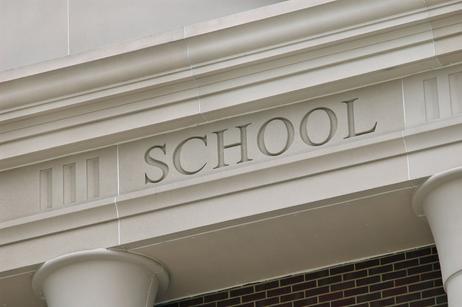How to Study for an Exam
Exams can be nerve-wracking at any age. So, show your child where exams fit in and, more importantly, how to prepare for them. From early grades, teachers evaluate your child's learning through different methods.
Canva generated this picture of a student studying for an exam.

The Purpose of Exams
Exams are a formal, structured method of assessment.
- Unfortunately, what makes exams stressful in high school, college, and in our professional lives is that so much is riding on them.
- For example, you must pass the LSAT to get into law school.
- Then, you must pass a state bar exam to practice law.
- The pressure to succeed is enormous.
That's why I recommend you tell your child how you handled preparing for and taking the exam. The more your child understands how exams work and how to handle them, the more successful she is likely to be.
Exams and tests are a great way to assess what the students have learned with regards to particular subjects. Exams will show what part of the lesson each student seems to have taken the most interest in and has remembered. Source: Edu-Quip
Understand Your Learning Style
As soon as you can, identify your child's learning style.
- Observe her preferences and tendencies in how she processes and retains information.
- Contrast that with how you learn


























